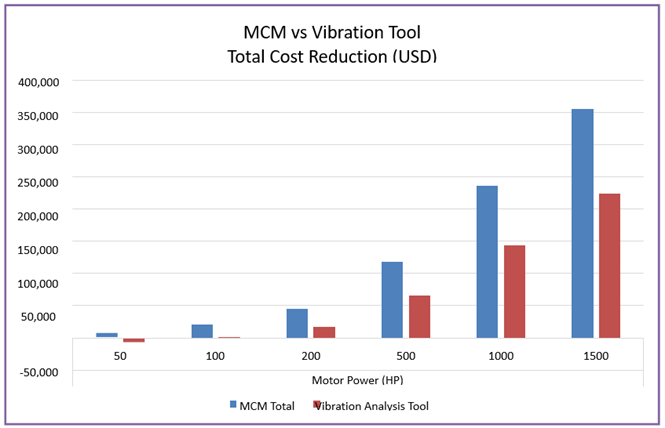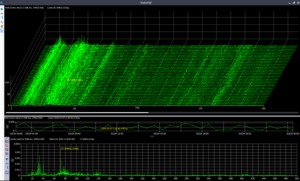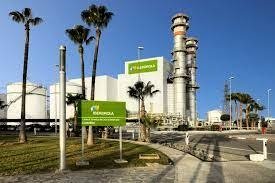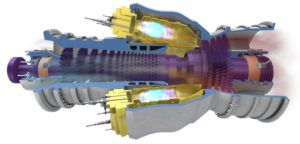Application of engine analysis with MCM in refineries
✨ Em 30 seconds :
This article presents examples of the application of engine analysis, with MCM, in refineries.
O Motor Condition Monitoring (MCM)
MCM is a recent electric motor analysis technology, that works based on artificial intelligence that compares the actual engine to be monitored, with a mathematical model of the engine, running up to 600 different load conditions. This mathematical model is obtained from a learning period lasting a few days.
Nowadays it is implemented online with the e-MCM or with the portable laptop AMTPro.
This technology was developed for NASA to make the condition control of the main engine of the Space Shuttle.
The diagnostic monitoring system MCM is also designed to detect electrical faults in engines, in response to limitations of vibration monitoring. In addition to the electrical failure modes, also detects mechanical failure modes the engine or driven machinery. Emerges as the only alternative in situations where vibration monitoring is not practical dedicated, economic or comprehensive enough. You can detect changes in the load the motor is facing due to abnormalities in the driven equipment or process, as cavitation or clogged filters and screens.
To learn more about this technique click here.
References for this article
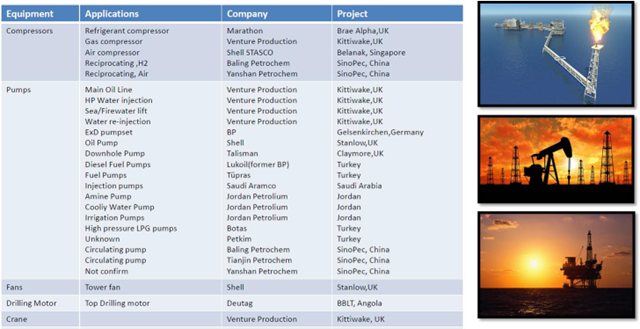
Application of engine analysis with MCM in refineries – Example 1 – Misalignment in diesel pump
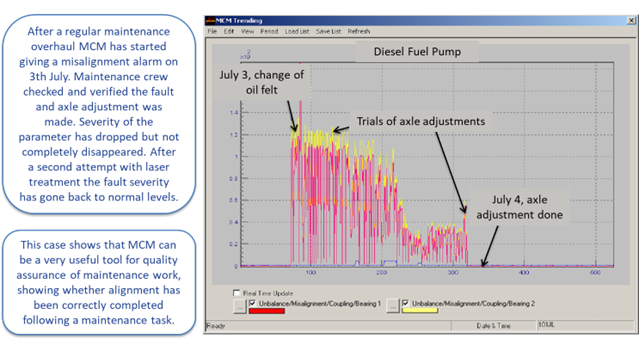
Application of engine analysis with MCM in refineries – Rreturn on investment (ROI): propane compressor in refinery
In this example about the application of engine analysis, with MCM, in refineries, ROI calculations are made for the K-1453 Propane Compressor monitored at an oil refinery. The CCR Unit's Screw Type Propane Compressor has started alarming from the MCM system, as shown in the figure below. This alarm is also checked by monitoring vibrations.
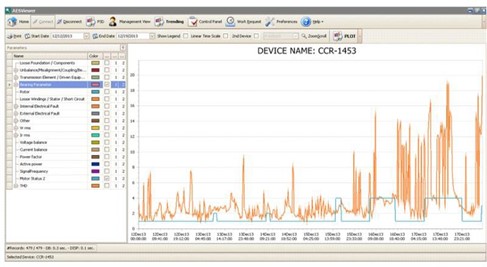
The refinery's rotating equipment team decided to shut down the machine and carry out the necessary repairs.. After disassembling the equipment, was observed a bearing failure e damage to motor windings due to the grease burned on them, as shown in the figure below.

After this determination, the engine and compressor were repaired; all bearings, gaskets and sealing rings were replaced, the windings have been checked and cleaned. This maintenance activity took 3 days, and the compressor was restarted. The total cost of this maintenance action was €23,000.
If this failure were not determined using the predictive maintenance approach, like the MCM system, the consequences of failure could be worse, and the total cost could increase exponentially, as estimated below:
- The engine could burn: The total cost of rewinding would be €24,000.
- Compressor overhaul (body replacement, rotors, etc.): The total cost of the overhaul would be €123,000.
- Due to the reduction in production: Rewinding a motor 440 kW could take 20 days. Reduced daily production loss (100 m³/dia) would be approximately 9.000 (90 €/m³). Along 20 days, total production loss would be €180,000.
In short, in the worst case scenario, the total cost of maintenance would be €327,000.
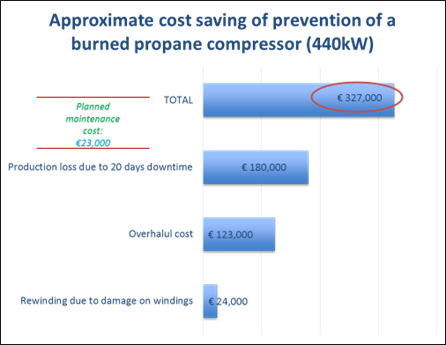
Application of engine analysis with MCM in refineries – Cost reduction throughout the life cycle
Artesis MCM is capable of detecting not only mechanical failures, as well as electrical and process-related failures. Considering all types of failures that can occur in an engine and the equipment it drives, Artesis MCM is capable of covering 90% of all the failures, while a common vibration analysis tool is around 60%, even though it costs significantly more.
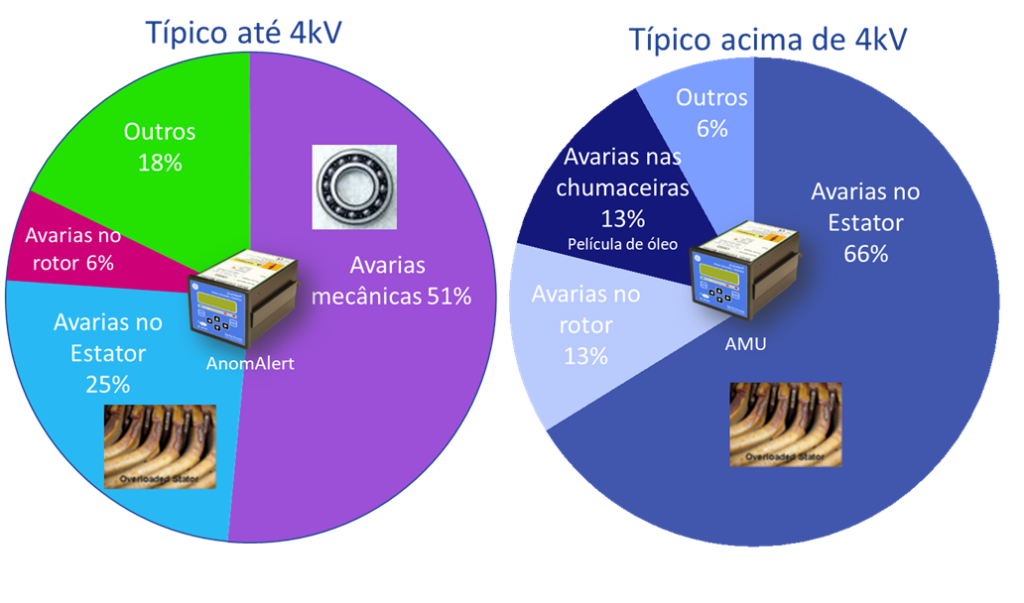
Considering only energy and maintenance savings, cost reduction over the life cycle is calculated and presented below, assuming:
– MCM Cost (4.000 USD por engine)
– Energy savings 15%
– Reduction of maintenance costs 5%
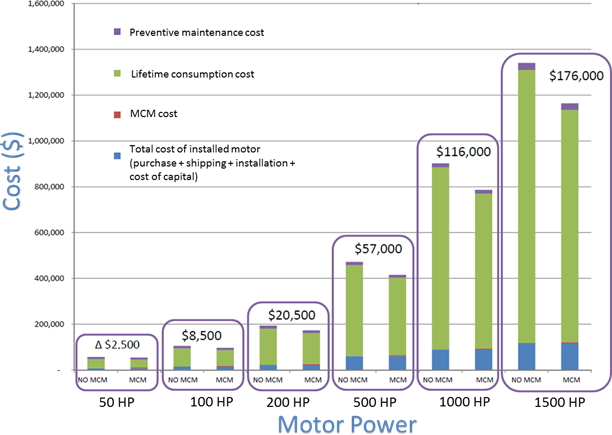
It is estimated that the benefits of reduced downtime and improvements in asset utilization would contribute to a cost reduction as significant as the reduction in maintenance and energy costs.
The table below presents the total cost reduction throughout the life cycle and the return on investment (ROI).
| Total Cost Reduction Throughout the Life Cycle (USD) | ||||||
| Motor power (HP) | 50 | 100 | 200 | 500 | 1000 | 1500 |
| MCM | 9,000 | 21,000 | 45,000 | 118,000 | 236,000 | 356,000 |
| ROI | 225% | 525% | 1125% | 2950% | 5900% | 8900% |
Below is presented, a comparison between MCM and online vibration analysis in the graph below.
